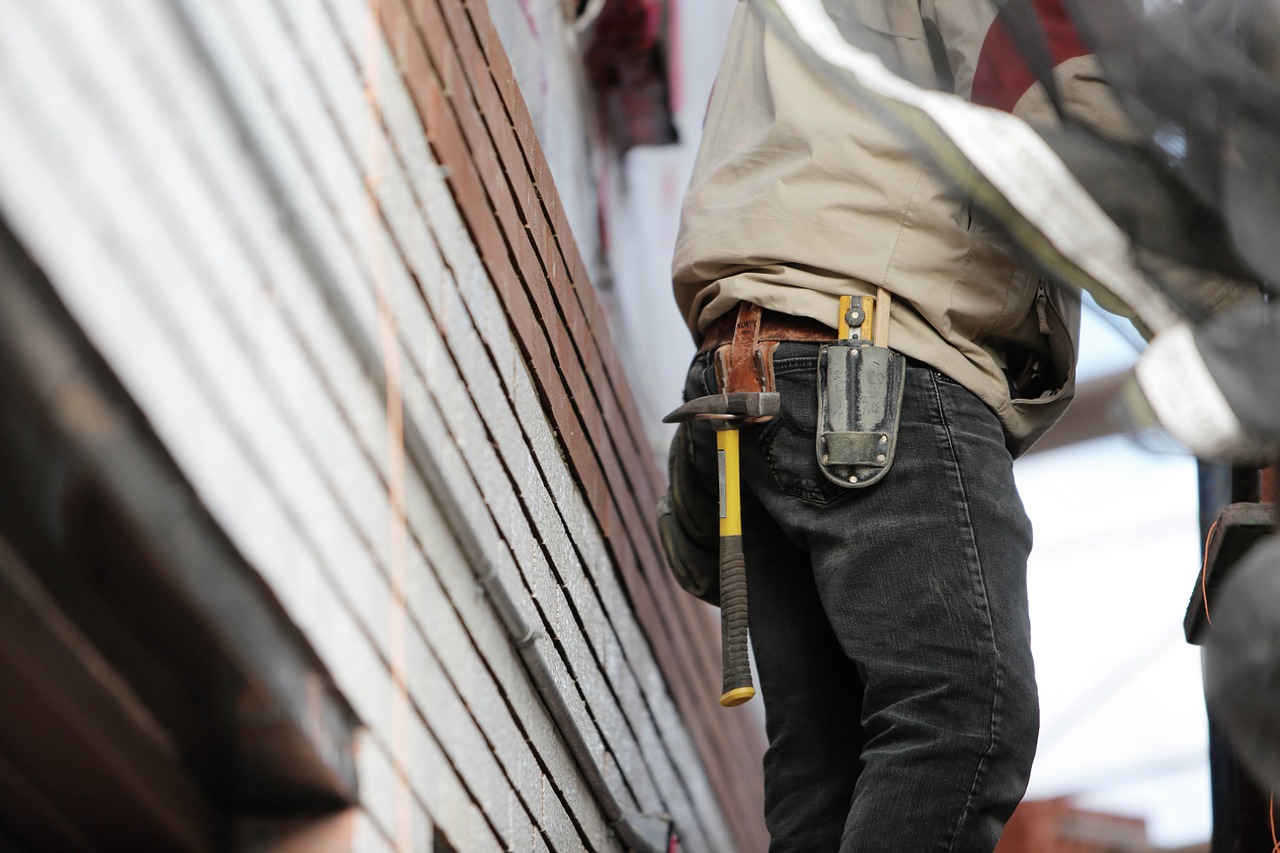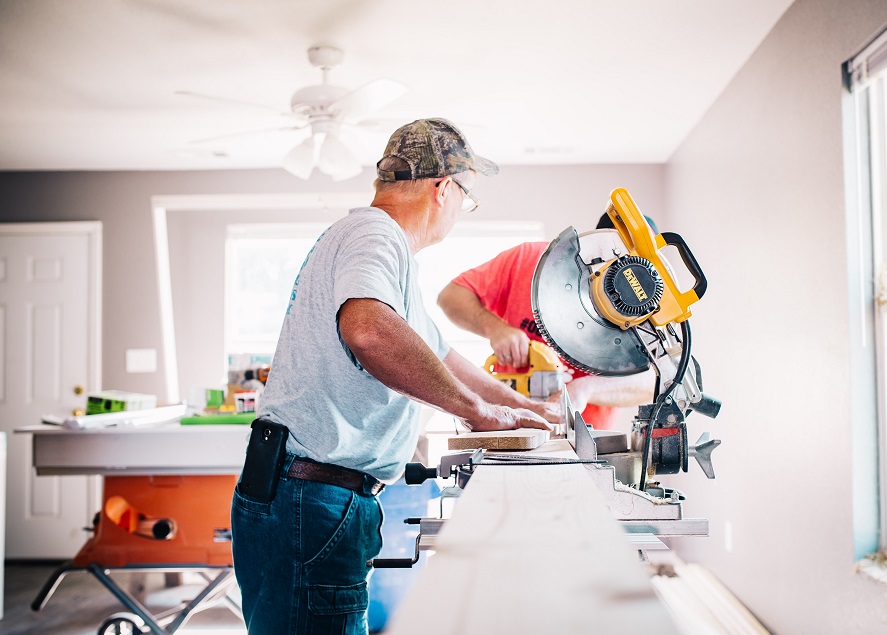The rule of thumb states that paying one man instead of 10 is cheaper and more beneficial from all points of view. That’s why many homeowners refuse to cooperate with subcontractors and hire general contractors to do all the job. Since we’re specializing in finding the best general and subcontractors for our audience, it’s our obligation to explain what the difference is and who does what.
Remember a saying “Jack of All Trades”? Well, many experts say they are. In the end, it appears, however, that they are masters of none. That’s why another option of hiring the right person is to check the license. Yet again, you might face the issue of getting the right man with the wrong skills.
In the world of contractors there are very different regulations applicable in this business in different states. Some require contractors to obtain a business license only while others oblige experts to receive a special contractor’s license as well as subcontracting job certificates. So when you’re hiring a contractor of any trade, ensure that the number you see on their trucks corresponds to the contractor’s license and not just a basic business license. But enough with the introductions, let’s cut to the chase and discuss what general contractors can and cannot do.
Subcontractor vs general сontractor: the difference
The terms “general contractor” and “subcontractor” are sometimes used interchangeably, however, there are crucial differences to know of. Both of these professions deal with tasks in the field of construction. But this is where the similarities stop.
General contractors can be a person or a company who obtain contracts and carry them out. General contractors frequently act as business owners or managers: they negotiate the best deals, while still performing the job, dealing with clients, and receiving a reward for it. They control the process from A to Z and can get their hands dirty at any point.
Subcontractors work on a contractual basis as well as general contractors. However, opposite to the general contractors, most subcontractors specialize only on a particular set of skills, such as carpentry or electrical work. Moreover, while general contractors directly cooperate with their clients, subcontractors are generally hired by general contractors to perform particular duties.

General contractors: duties
When you hire a general contractor who works for a large company, you are likely to get just a knowledgeable manager who will monitor and guide your construction project. Rarely will this person do anything on their own. Individual general contractors, however, tend to not only have a large number of skills but also apply them whenever possible. Individuals frequently try to perform as many duties without hiring a subcontractor as possible. So here is a list of services general contractors may offer.
Note: keep in mind that not all general contractors will be able to perform all the duties on this list. Always ensure that the expert you’re hiring has the required skills for your project.
- Carpenter: design and creation of unique carpentry projects as well as standard work with wood and flooring. General contracts armed with carpentry skills can build everything from a cabinet for the kitchen to a garage or gazebo in the garden. They can also install drywalls.
- Dredgerer: a rare skill for general contractors. These professionals are skilled to perform any excavation and operate any kind of trucks for the job.
- Electrician: planning and installation or house wiring, reconstruction of the existing electrical infrastructure. In rare cases, general contractors with such skills will deal with A/C and telecommunication system installation. Industrial and business contractors will also be knowledgeable about elevator systems and transporting equipment.
- Fencer: design, installation, and maintenance of fences.
- Glazier: installation of glass, frequently in the windows. Some glaziers also combine their services with painting work.
- Heavy equipment operator: such a skill is important for business owners who are looking for a general contractor. These experts know how to drive and operate heavy equipment applied in engineering and construction projects.
- Insulation installer: installation of insulation for HVAC, flooring, walls, etc. These experts also know how to apply additional protective coverings and coatings in combination with finishes to guarantee the best insulation for industrial, commercial, and residential projects.
- General laborer: basic skills in working with pneumatic and hand tools are obligatory for all general contractors.

- Landscaper and gardener: for such jobs most general contractors prefer hiring a subcontractor. However, you can find an expert who specializes in the exterior home improvement projects. As a result, you will get a knowledgeable expert who can not only build some structures but completely transform the garden space.
- Masoner: such general contractors are indispensable for garden works and fence constructions. They are skilled in brick and block laying, concrete finishing as well as marble setting and polishing.
- Millwright installer: this expert deals with the installation of various industrial equipment. While not particularly useful for household tasks, millwright installers are indispensable for industrial spaces.
- House painter and decorator: keep in mind that general contractors who know how to paint a wall are not designers, while a vice versa situation is absolutely viable. All decorators know the basics of painting while painters not necessarily know the theory of colors and matching elements.
- Plasterer: general contractors with a plasterer skill can form a layer of plaster on your interior wall or use the material for decorative moldings on ceilings or walls.
- Plumber: it’s always extremely beneficial and much cheaper in the end if your general contractor knows everything about plumbing. Plumbing contractors will be able to help you with toilet and bath installation as well as rebuilding the whole piping system in your home. Moreover, they will also know how to get the sprinkler system going. There is also a variation of a general plumber – a pipefitter. This professional knows everything about pipes but might not know how to install a sink.
- Welder: very rarely do contractors have such a skill. Yet, those who do will likely charge a little extra for their service.
Key takeaways
Now you know the standard area of proficiency for a general contractor and understand what to expect from such an expert. When hiring one, however, pay attention not only to the professional qualities but also to the personal attitude they demonstrate. You need to get a licensed and skilled expert who is interested in completing your project just as you are. Otherwise, unstable service and postponed deadlines will be your fellows.





